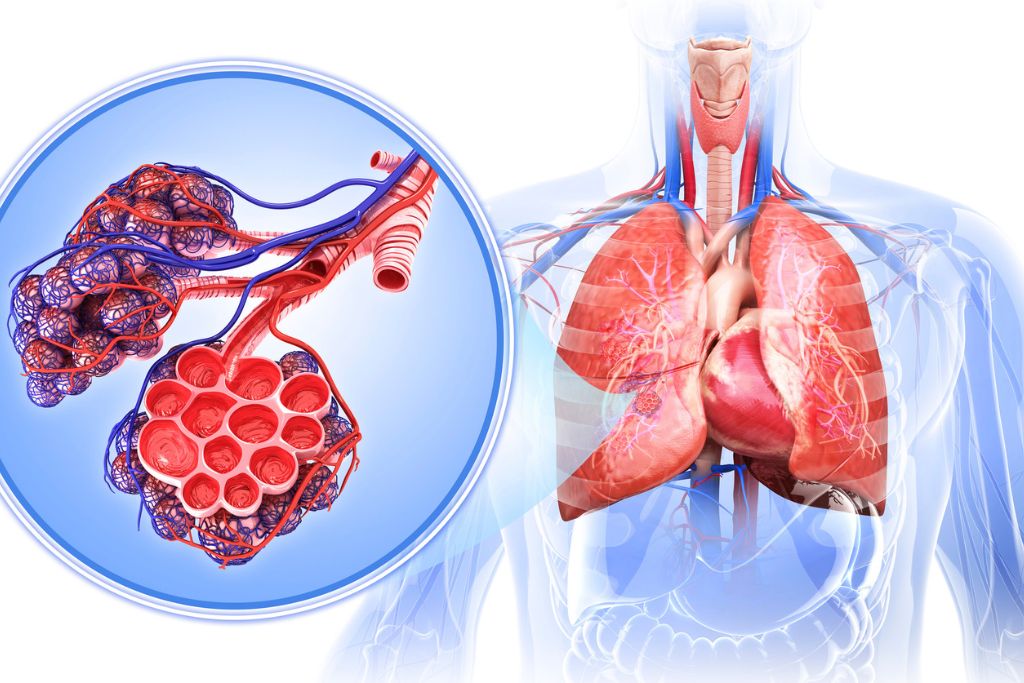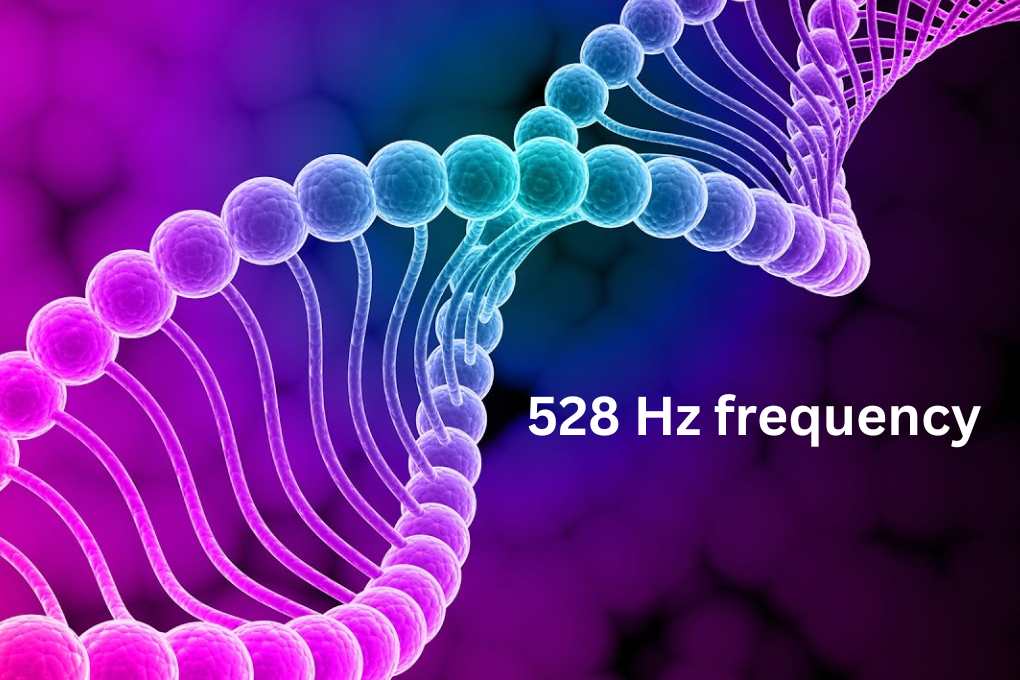Experts have warned of heatwaves being hazardous to eye health, potentially leading to eye strokes or other serious issues. When temperatures heat up, standard advice such as drinking plenty of water and staying hydrated, as well as taking measures against UV rays, remains valid, but to survive these heatwaves, it’s also vitally important to follow several additional tips for survival.
Wear Shades
Wearing sunglasses is more than just an aesthetic choice: they also protect the eyes from harmful UV rays! For optimal eye protection, select sunglasses with wide brims or visors for direct sunlight on the eyes, and layer additional protection with outdoor activities by donning an additional hat as part of an outdoor regimen to maximize eye care protection.

UV radiation can increase your risk for cataracts, pterygium, and photokeratitis (sunburn of the cornea and conjunctiva), as well as worsen existing eye conditions such as dry eyes or macular degeneration. It could even exacerbate existing problems like dry eyes and macular degeneration.
To protect the eyes, it is wise to wear sunglasses that block 100% of UV rays with large lenses that fully cover the eye area. Tinted lenses may help by reducing glare and light reflection; additionally, you could consider polarized lenses, which reduce reflection from flat surfaces such as water or snow.
Conduct an Eyewear Audit
Foggy lenses can be an increasing nuisance for eyeglass-wearers, creating potential safety risks when driving or performing other tasks. However, there are ways to address and manage this problem effectively.
Fogging occurs when warm air containing moisture binds with cold surfaces like mirrors or glasses, creating fogging effects. You might have witnessed it around a boiling kettle, after showering in hot water, or after transitioning between warm and cool environments; glasses could even fog when changing between rooms that vary significantly in temperature.
One of the easiest and most effective solutions for fogginess in glasses is wiping them with a damp cloth, taking care not to scratch or leave residue behind. You could also consider purchasing an anti-fog product, opting for plastic or polycarbonate lenses with a special anti-fog coating, or adding anti-reflective treatments as additional solutions.
Stay Hydrated
Under extreme heat conditions, our bodies lose more fluids than usual, leading to dehydration and health complications like heat exhaustion, cramps, or heat stroke. For this reason, the Centers for Disease Control (CDC) advise drinking extra water even when not thirsty during periods of extreme heat; especially for older adults and young children, as well as people taking medications like blood pressure medication or being treated for illness.

Even though it doesn’t directly relate to vision, prolonged exposure to high temperatures can result in dry eyes that become itchy and irritating due to sweat-carrying bacteria, increasing the risk of eye infections.
Stay hydrated by drinking lots of water and limiting beverages that contain alcohol or caffeine, such as alcohol-laced soft drinks or coffee drinks with added caffeine. Beware of early signs of dehydration like thirst, dry mouth, lightheadedness, or weakness, and check on elderly family members and neighbors who might be vulnerable. Staying cool requires staying in air-conditioned spaces while using shades to block sunlight and heat.
Visit Your Doctor
Regular eye exams are vital to maintaining eye health during a heatwave. Furthermore, any preexisting conditions like diabetes or hypertension could increase risk factors related to eye problems.
Hot weather can exacerbate respiratory and ocular symptoms, including dry eyes, itching, and burning sensations, due to higher air pollution levels that contain pollutants that trigger allergic responses in our eyes.
Extreme heat can sometimes result in retinal artery occlusion (RAO), commonly referred to as an eye stroke, when blood supply to the retina is interrupted due to dehydration and changes in blood flow caused by heat waves, altering viscosity levels and increasing the chances of clot formation. Other warning signs could include the sudden appearance of large floaters that indicate more serious health concerns; seek medical help immediately should this occur!
For a detailed look at how sleep affects memory and thinking abilities, read our extensive article, “The Role of Sleep in Memory Formation and Cognitive Functioning,” to learn about the important link between rest and brain health.



